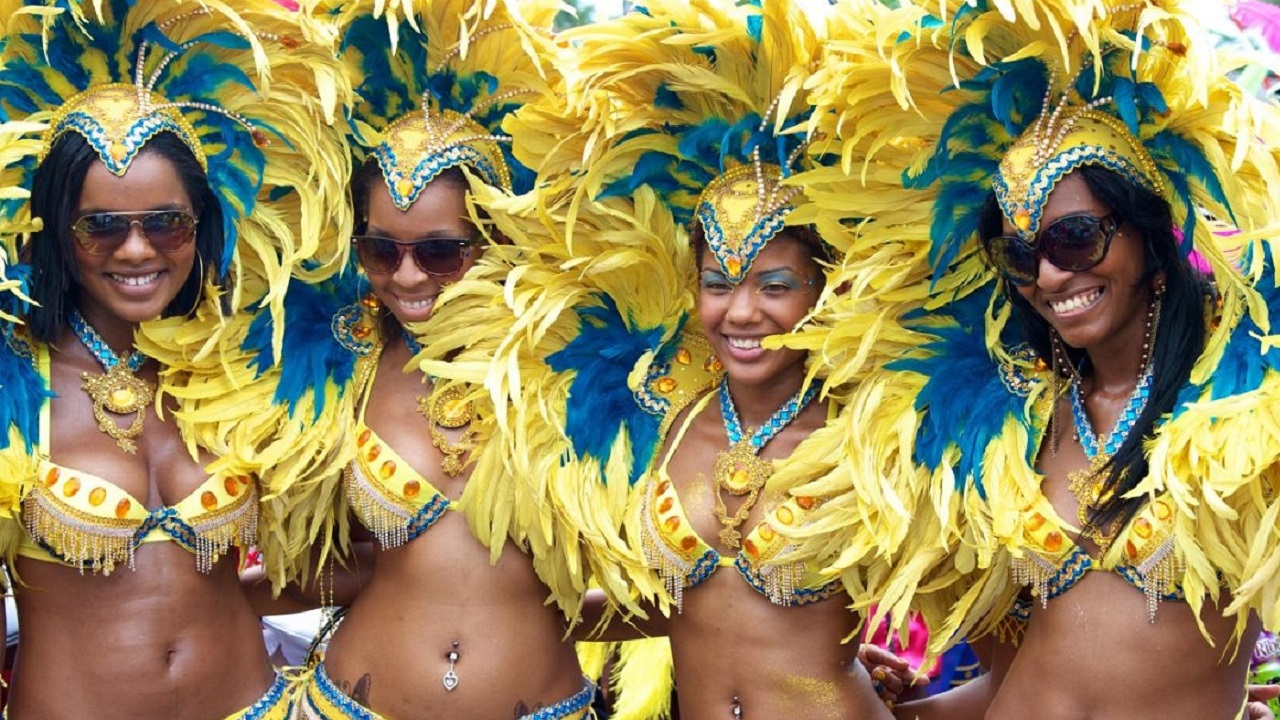

Let’s visit Saint Lucia!
Saint Lucia is a sovereign island country in the West Indies in the eastern Caribbean Sea on the boundary with the Atlantic Ocean.[7] The island was previously called Iyonola, the name given to the island by the native Amerindians and later, Hewanorra, the name given by the native Caribs.

The culture of Saint Lucia has been influenced by African, East Indian, French, and English heritage. One of the secondary languages is Saint Lucian French Creole or Kwéyòl, spoken by almost all of the population.

Saint Lucia boasts the second highest ratio of Nobel laureates produced with respect to the total population of any sovereign country in the world. Two winners have come from Saint Lucia: Sir Arthur Lewis won the Nobel Prize in Economics in 1979, and the poet Derek Walcott received the Nobel Prize in Literature in 1992.

Saint Lucian cultural festivals include La Rose and La Marguerite, the first representing a native Saint Lucian fraternal society known as the Order of the Rose that is fashioned in the mould of Rosicrucianism, and the second representing its traditional rival, the native Saint Lucian equivalent of Freemasonry known as the Order of the Marguerite. References to their origins as versions of pre-existing external secret societies can be seen in a mural painted by Dunstan St Omer, depicting the holy trinity of Osiris, Horus, and Isis.

Traditionally in common with other Caribbean countries, Saint Lucia held a carnival before Lent. In 1999, the government moved Carnival to mid-July to avoid competing with the much larger Trinidad and Tobago carnival and so as to attract more overseas visitors.

The biggest festival of the year is the Saint Lucia Jazz Festival. Held in early May at multiple venues throughout the island, it draws visitors and musicians from around the world. The grand finale or main stage is held at the Pigeon Island which is located to the North of the Island.
